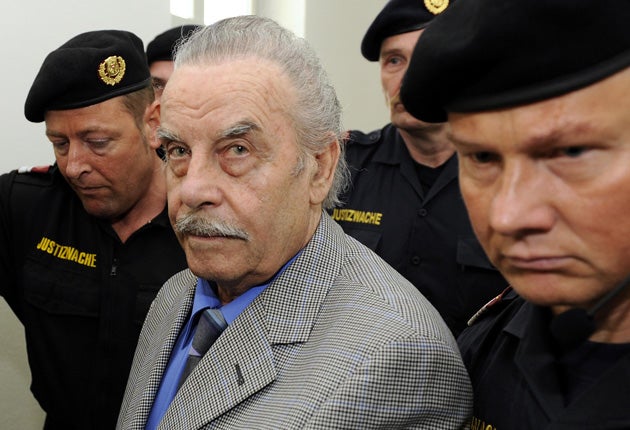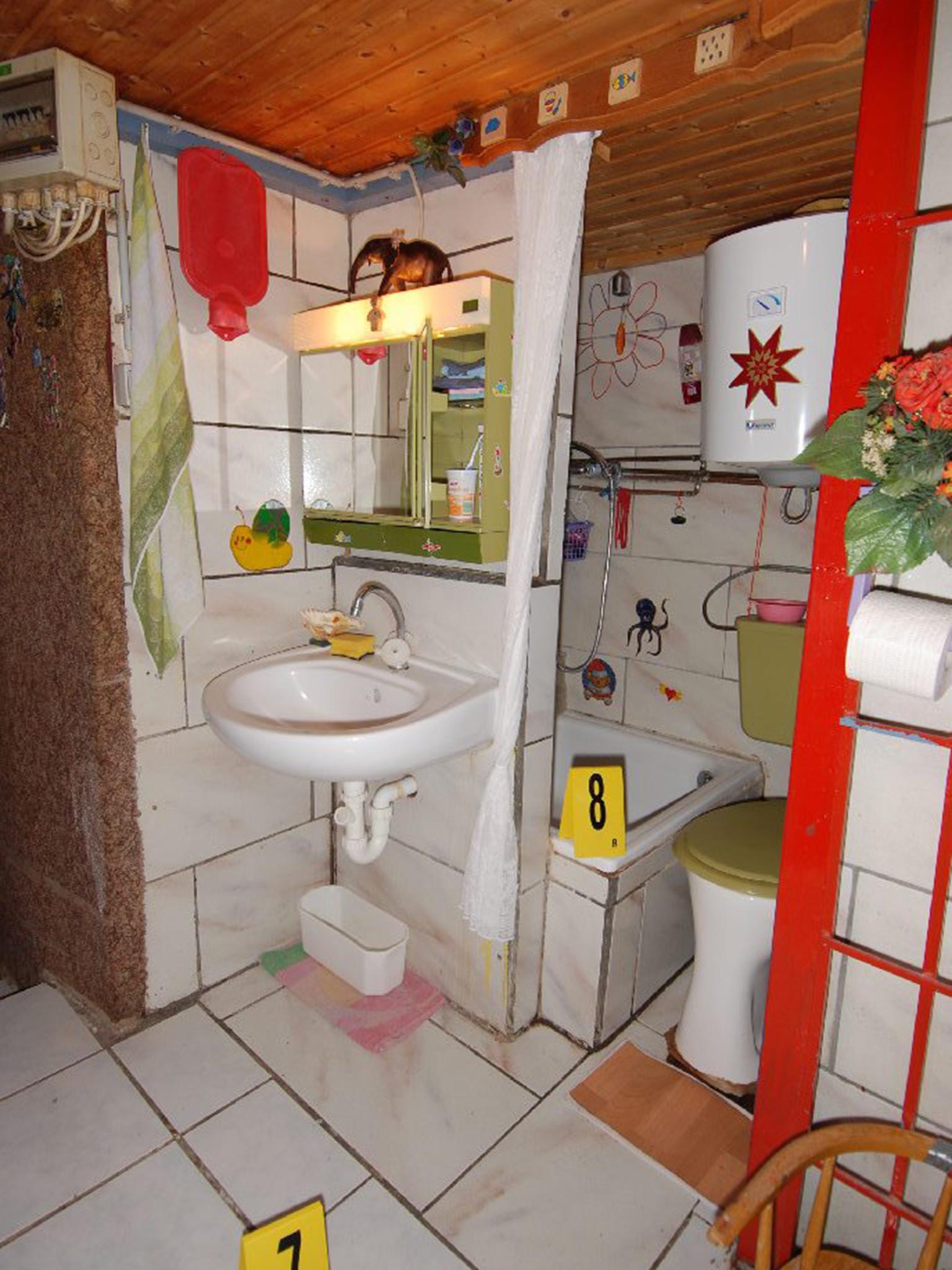Man who kept daughter in basement for 24 years ‘no longer a danger’ after 15 years, says lawyer
Fritzl imprisoned his daughter in the basement of the family home when she was 18
A man who held his daughter captive for 24 years from the ages of 18 to 42, raping her 3,000 times and fathering seven children with her could be transferred from a unit for the criminally insane to prison where he would be eligible to apply for release.
The 88-year-old man, widely known as Josef Fritzl but who now has a new name, was sentenced in 2009 to life imprisonment in the special unit.
He was convicted of incest, rape, coercion, false imprisonment, enslavement and for the negligent homicide of one of his infant sons.
If transferred to a regular jail, he could apply for early release on parole 15 years after his conviction.
An expert opinion on Fritzl’s medical condition is being assessed to see if he can be transferred to a regular detention facility, a spokesperson for the regional court of Krems said. Austria’s Kronen Zeitung was first to report the expert opinion.
A new psychiatric report on Fritzl, who has dementia, has said he no longer poses a danger to the public, Austrian public broadcaster ORF said.
A court spokesperson said it was unclear how long such an assessment would take, estimating it could range from weeks to a couple of months.
If transferred to prison, Fritzl’s lawyer could in a second step submit an application for early release.

His lawyer told German daily Bild she had already prepared such an application, adding the aim would be to transfer the man to a nursing home.
Fritzl imprisoned his daughter in the basement of the family home when she was 18. Three of the seven children he fathered with her lived with her until they were freed in 2008.
Fritzl and his wife fostered the other three surviving children after Fritzl claimed his daughter had given birth to them and then abandoned them to join a religious sect.
He burnt the remains of the seventh child, who died shortly after birth, in the house furnace.
In an interview after his arrest he explained from his prison cell that, after the kidnapping, he saw no way out because he had become caught up in a “vicious circle” from which he could not escape.
He also revealed the grim details of the life his daughter and three of their children were forced to endure in a windowless cellar without daylight or proper medical attention for so long.
“I grew up in Nazi times and that meant respect for authority and the need to control. I suppose I took on some of these old values,” Fritzl said in the interview, published in the Austrian media.

Fritzl’s dungeon was hidden behind the shelving of his cellar workshop.
Once inside, a narrow, five-metre-long corridor led to a small cooking and bathroom area, with a shower. There was running water and electric lighting.
The dungeon was divided into cells, some no more than 1.70m (5.6ft) high. The only ventilation was provided by a tube. The captives never saw sunlight.
Fritzl, a former electrical engineer, sealed them in behind a heavy concrete and steel door. It was opened electronically using a remote-control combination lock.
Only he knew the combination.
Bookmark popover
Removed from bookmarks